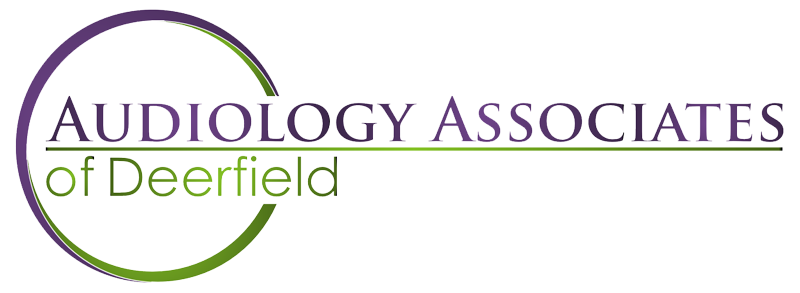In recent years, awareness of hearing and the consequence of untreated hearing loss have been in the spotlight. Curiosity and awareness is heightened, and our patient load is getting younger.
Your sense of hearing connects you to the world. A loss of hearing can diminish these interactions. Patients tell us that they don’t want to be like their father or aunt who refused treatment. They don’t want to be left out of conversations or find themselves sitting back because listening is too difficult.
Changes to hearing are much more than a minor irritation. Hearing changes are brain changes. A loss of hearing is a neurologic condition.
- Hearing impacts your memory.
- Hearing impacts your emotional well-being.
- Hearing impacts your health.
You are never too young to treat your hearing because it’s about maintaining and supporting brain health. Hearing better can help you think better. Improving hearing enhances the connection to your brain.
Identifying the condition early and taking prompt action is crucial for effective management. Hearing aids can not only improve your hearing but can enrich your quality of life, reducing the strain on your brain.
Modern hearing aids are discreet and come with advanced technology for a more natural listening experience. They can be customized to fit your unique hearing needs, ensuring optimal help. Many models also offer connectivity features, allowing them to sync with smartphones and other devices, making them especially popular among younger users.
The earlier you act, the better off you are in maintaining your brain health. You take care of your eyes and your teeth. Take care of your ears. Your brain will thank you.
